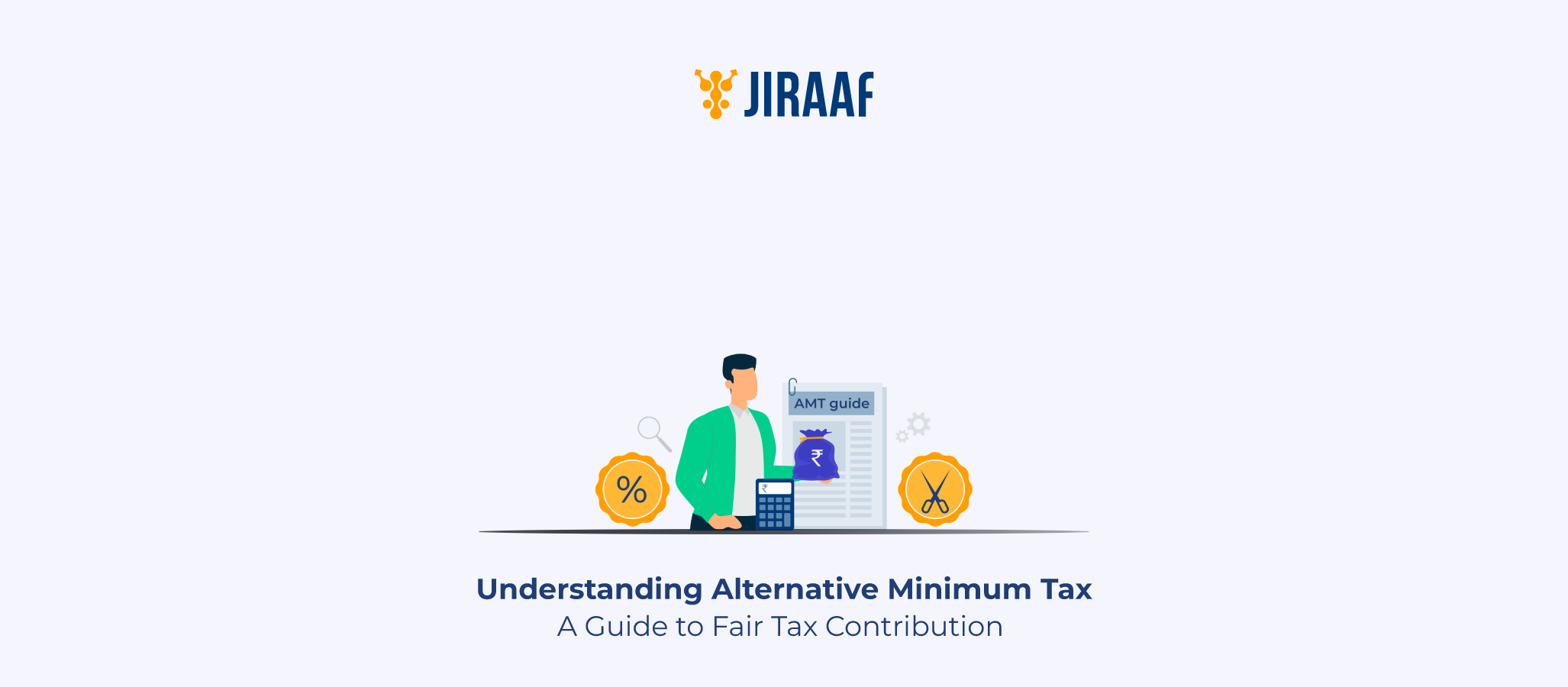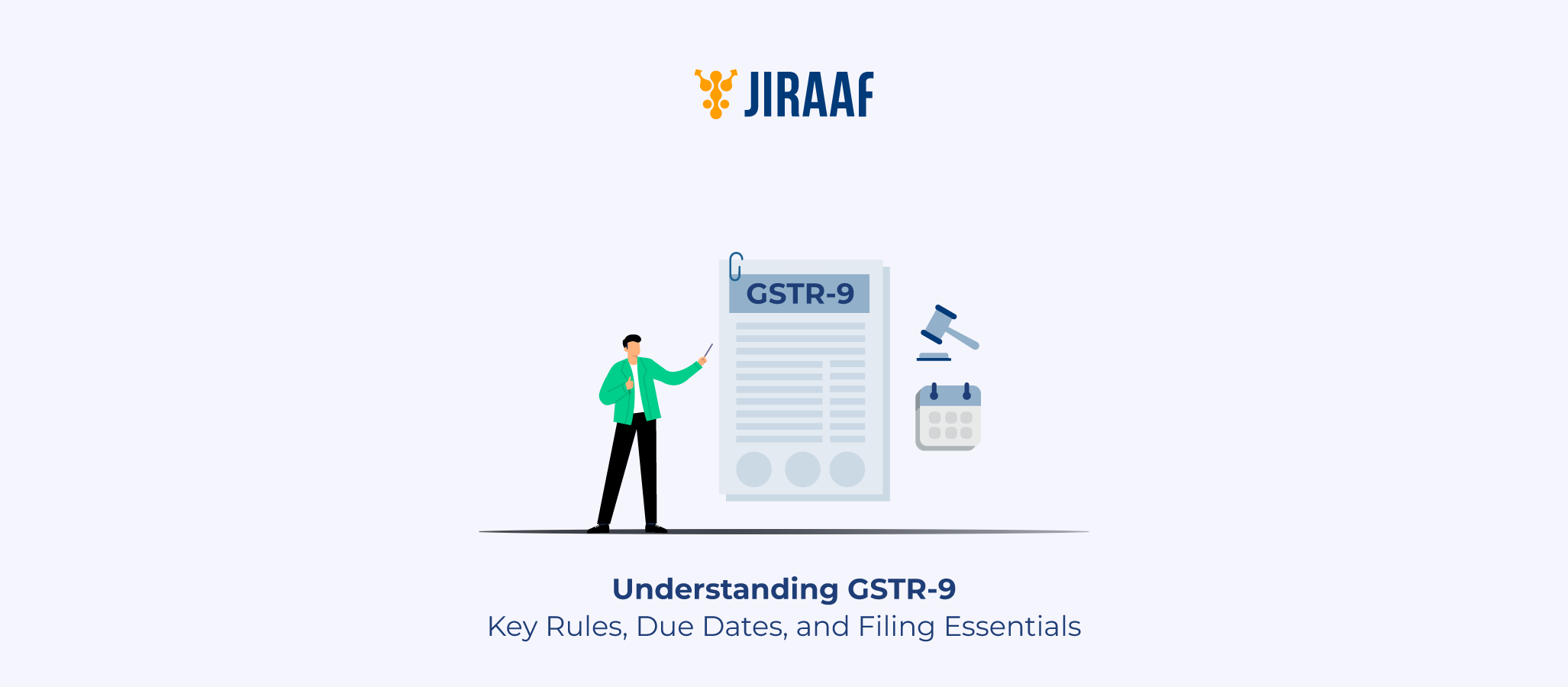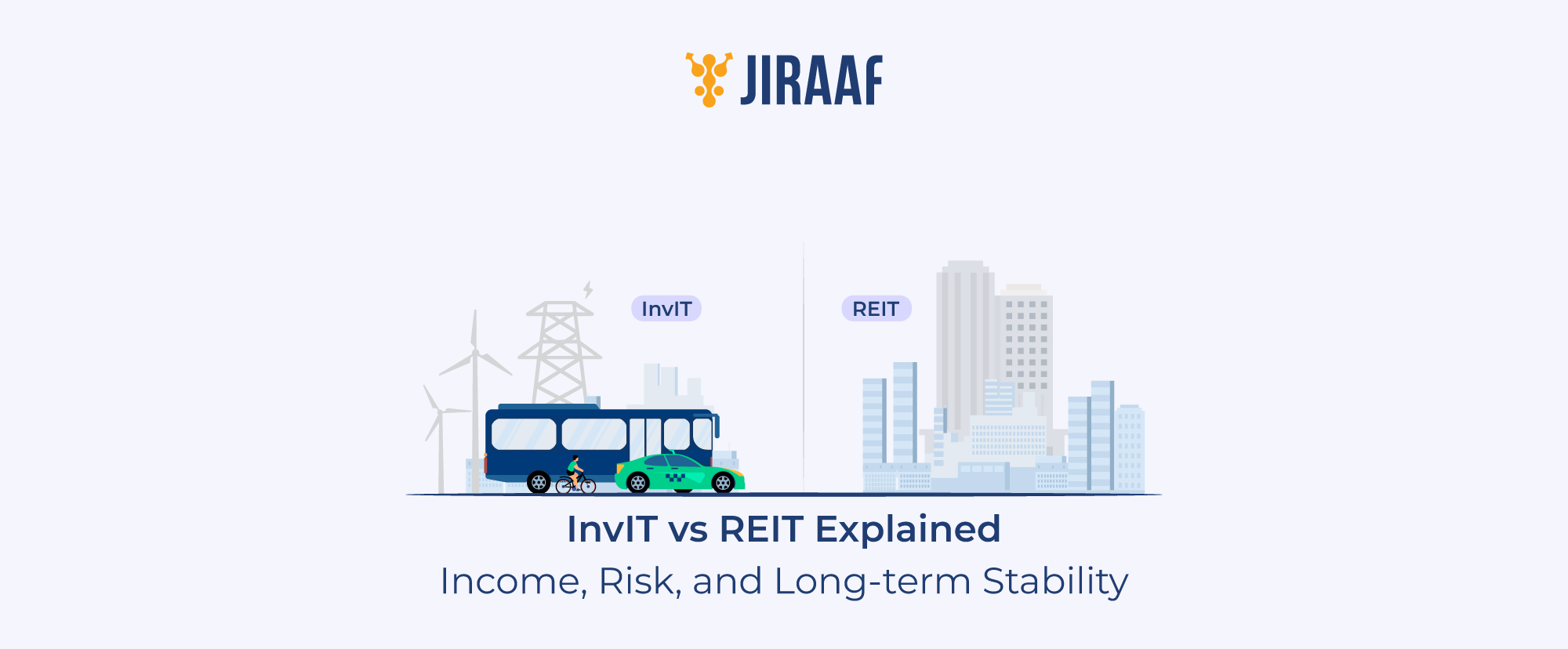Living in a rented home and not receiving House Rent Allowance (HRA) from your employer? Don’t worry—you can still reduce your taxable income through Section 80GG of the Income Tax Act. If you’re self-employed, a freelancer, or salaried without HRA benefits, this section lets you claim deductions on rent paid. So yes, you can get rent-based tax relief—just through a different route.
In this blog, we will explore what Section 80GG is, who can claim it, how much you can claim, and how to claim it the right way.
What is Section 80GG of the Income Tax Act?
Section 80GG provides tax deductions to individuals who pay rent for their accommodation but do not receive HRA as part of their salary. The purpose? To offer financial relief for rent even when you don’t have the benefit of employer-provided allowances.
It’s particularly useful for:
- Self-employed individuals,
- Salaried employees who live in rented homes but don’t get HRA, and
- Freelancers or consultants.
Remember, you must not receive HRA to claim this deduction.
Who is Eligible to Claim 80GG Deduction?
To claim this deduction, you need to satisfy the following conditions:
- You are either self-employed or a salaried individual not receiving HRA.
- You live in a rented accommodation.
- You have not claimed HRA at any point during the financial year.
- You (or your spouse/minor child) do not own residential property at your place of residence or work.
- You file Form 10BA, declaring that you’re not receiving HRA.
Maximum Deduction Allowed Under 80GG
The deduction is subject to the least of the following:
- ₹5,000 per month (i.e., ₹60,000 annually)
- 25% of your total income (excluding long-term capital gains, short-term capital gains under Section 111A, and income under Section 115A or 115D)
- Actual rent paid minus 10% of your total income
How to Claim 80GG Deduction in ITR
Where to Enter in ITR-1 or ITR-2:
In ITR-1 or ITR-2, you can claim 80GG under the Deductions Section (Chapter VI-A). It typically appears under the “80GG” row.
Step-by-Step Process:
- Calculate the eligible amount using the least-of-three formula.
- File Form 10BA online via the income tax portal.
- Upload proof of rent paid: rent receipts, rental agreement, etc.
- Submit ITR and include the deduction under 80GG.
Tip: Form 10BA must be submitted before filing your ITR.
Required Documents for 80GG
- Rent receipts with landlord’s name and PAN (if rent exceeds ₹1 lakh per year)
- Rental agreement
- Form 10BA
- Proof of address
Note: The PAN of the landlord is mandatory for higher-value rent deductions.
Common Mistakes to Avoid While Claiming 80GG
- Forgetting to File Form 10BA: This is mandatory before claiming the deduction.
- Claiming When You Receive HRA: You’re not eligible if your salary includes HRA.
- Incorrect Calculation: Ensure you use the least-of-three method.
- Missing Landlord PAN: Especially when your rent exceeds ₹1 lakh annually.
- Owning Property in the Same City: If you own a home in the city of employment or residence, you can’t claim 80GG.
Example of 80GG Benefit
Scenario: Rachna is a freelance designer living in Pune. Her annual income is ₹7,20,000. She pays ₹12,000 per month in rent (₹1,44,000 annually). She doesn’t receive HRA.
Her deduction will be calculated as:
- ₹60,000 (fixed limit)
- 25% of income = ₹1,80,000
- Rent paid minus 10% of income = ₹1,44,000 – ₹72,000 = ₹72,000
Deduction = ₹60,000 (least of all three)
This lowers her taxable income to ₹6,60,000, saving her tax at applicable slab rates.
Benefits of Section 80GG for Non-HRA Individuals
- Tailored for freelancers, consultants, and business owners
- Available even under the old tax regime
- Encourages fair reporting of rental arrangements
- Offers rent deduction even if employer doesn’t structure salary with HRA
Section 80GG vs HRA: What’s the Difference?
| Feature | Section 80GG | HRA |
| Eligibility | Self-employed or salaried without HRA | Salaried with HRA |
| Deduction Limit | ₹60,000 max | Based on salary, rent, and location |
| Form Required | Form 10BA | None |
| Property Ownership | No property in work/residential city | Allowed in other cities |
Final Thoughts: Make the Most of Section 80GG
Section 80GG ensures you’re not penalized just because your salary doesn’t include HRA. But you’ve got to stay compliant—file Form 10BA, provide rent receipts, and meet all conditions. If you’re working independently or your company doesn’t offer structured salary benefits, this section could be your best bet for rent-based tax savings.
FAQs
Who can claim deduction under Section 80GG?
Any individual paying rent and not receiving HRA can claim it—this includes self-employed professionals and salaried employees without HRA.
What is the maximum deduction allowed under 80GG?
You can claim up to ₹60,000 per annum, subject to the least of the three conditions set by the tax department.
Is Form 10BA mandatory for claiming 80GG?
Yes, Form 10BA is mandatory. It must be submitted online before claiming the deduction in your ITR.
Can I claim both HRA and 80GG?
No, you can’t claim both. 80GG is only for those who do not receive HRA from their employer.
What documents are needed for 80GG?
You need rent receipts, a rental agreement, and Form 10BA. If your rent exceeds ₹1 lakh yearly, your landlord’s PAN is also required.
Discover fixed income investments with Jiraaf, a SEBI registered online bonds platform that educates and brings access to a wide array of bonds. Sign up today to explore diversified fixed income investment opportunities to support your goal-based wealth creation journey. Start investing!









